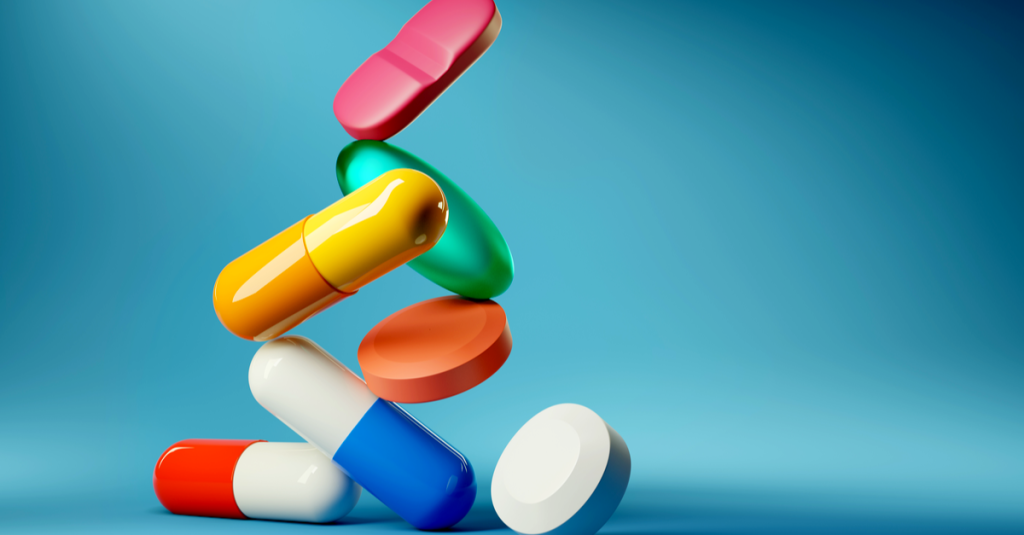Advice regarding ACE and ARB’s and COVID-19

ADVICE FOR PATIENTS TAKING ACE INHIBITORS (ACEi) OR ANGIOTENSIN RECEPTOR BLOCKERS (ARBs) AND CORONAVIRUS (COVID-19) INFECTION
It has been suggested that Hypertension (high blood pressure) may be associated with an increased risk of death in patients admitted to hospital with Coronavirus infection. Social media sites and some newspapers have speculated that this may be linked to patients taking the commonly used blood pressure lowering drugs ACEi (ending in ‘pril” e.g. ramipril, lisinopril, perindopril) and ARBs (ending in ‘sartan’ e.g. losartan, candesartan, valsartan) and that taking these medications may increase both the risk and severity of Coronavirus (COVID-19) infection. This has led to some patients stopping these drugs inappropriately, putting themselves at serious risk of a significant deterioration in the control of their blood pressure, heart failure or any other condition that this medication is being given for.
The concern about the safety of ACEi or ARB treatment in relation to Coronavirus does not have a sound scientific basis or evidence to support it. Indeed, there is evidence from studies in animals suggesting that these medications might be protective against serious lung complications in patients with Coronavirus infection, but to date there is no data in humans.
As medical professionals we wish to highlight the lack of any evidence supporting harmful effects of ACEi and ARB in the context of the pandemic Coronavirus outbreak. We therefore strongly recommend that patients continue treatment with their usual therapy because there is no clinical or scientific evidence to suggest that treatment with ACEi or ARBs should be stopped because of the Coronavirus infection. This applies to patients taking these drugs for high blood pressure, heart failure, diabetes or kidney disease.
You should follow the recommended measures that apply to everyone to minimise the risk of catching and spreading Coronavirus infection
- Wash your hands frequently
Regularly and thoroughly clean your hands with an alcohol-based hand rub or wash them with
soap and water for 20 seconds or more.
- Maintain social distancing
Maintain at least 2 metres (6 feet) distance between yourself and anyone who is coughing or
sneezing.
- Avoid touching your eyes, nose and mouth
- Practice respiratory hygiene
Make sure you, and the people around you, follow good respiratory hygiene. This means
covering your mouth and nose with your bent elbow or tissue when you cough or sneeze. Then
dispose of the used tissue immediately.
- If you have fever, cough or difficulty breathing, seek medical care early
Stay home if you feel unwell. If you have a fever, cough and difficulty breathing, seek medical
attention and call in advance. Follow the directions of your local health authority.
GENERAL ADVICE (i.e. NOT SPECIFIC TO COVID-19) FOR PATIENTS TAKING ONE OR MORE OF THE FOLLOWING MEDICATIONS:
ACEi, ARBs, diuretics (water tablets) e.g. furosemide or bumetanide, spironolactone, eplerenone, anti-inflammatories e.g.ibuprofen, naproxen or diabetes drugs including metformin, canagliflozin, dapagliflozin, empagliflozin and ertugliflozin.
If you develop a dehydrating illness (diarrhoea, vomiting or a high temperature associated with not eating and drinking adequately) you should consult a HealthCare Professional. If the Healthcare Professional advises stopping any of the above medications, then they should also advise when to restart your medication once you have recovered from the illness. Typically, this would be after 24 to 48 hours of eating and drinking normally.

